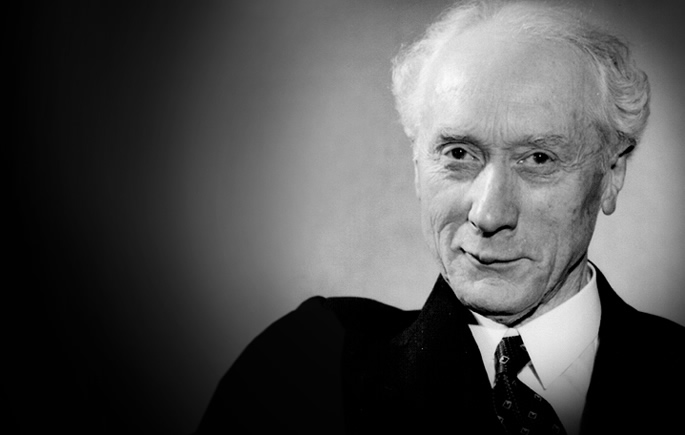 FM Alexander The eldest of eight children, Frederick Matthias Alexander was born in 1869 in Wynyard, a small town in the north of Tasmania, south of Australia. He worked as a clerk to support his family before exploring his dream of reciting Shakespeare. Alexander moved to mainland Australia to pursue his acting career, but a vocal problem interrupted his dream. He went to doctors and voice trainers for help and received temporary relief. Doctors prescribed rest, and his voice returned, but he lost it again during performances. At one point, Alexander was offered an important engagement but was fearful of losing his voice. His doctor advised continued medical treatment and vocal rest for two weeks. He accepted the engagement. The improvement in his voice at the beginning of the performance did not last. By the end of the program he could barely speak. This experience led him to reason that he was causing his vocal problem. Alexander decided to investigate himself. Using mirrors, Alexander observed the way he spoke when giving recitations. He discovered that pulling back his head, depressing his larynx, and sucking in air were all contributing to his vocal problem. When he observed himself in ordinary speaking, he saw the same three tendencies were present to a lesser degree. This observation encouraged him to continue experimenting. At first he thought if he interrupted those three tendencies, he would solve the problem, but it didn’t change his habit. He had to learn HOW to stop doing what was interfering with his natural design. This critical moment between the stimulus to speak and the action of speaking allowed for the possibility to make a change. Once he recognized the power of this moment, he realized that not committing himself to his end goal of reciting was his most reliable way of interrupting his habitual pattern. Alexander’s discovery brought total recovery of his voice. Upon healing himself, he continued to develop his technique to help others who were curious about his work. When applied, the principles helped a range of movement and postural issues. He spent his lifetime teaching and refining his technique. Alexander suffered a stroke late in life and recovered his functionality. He worked until he died in 1955. |
